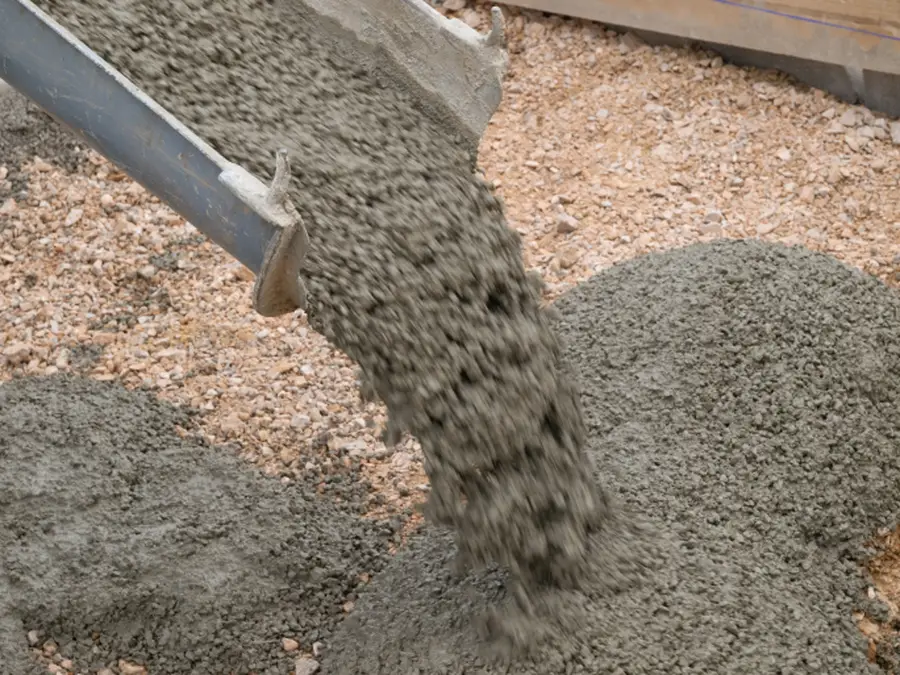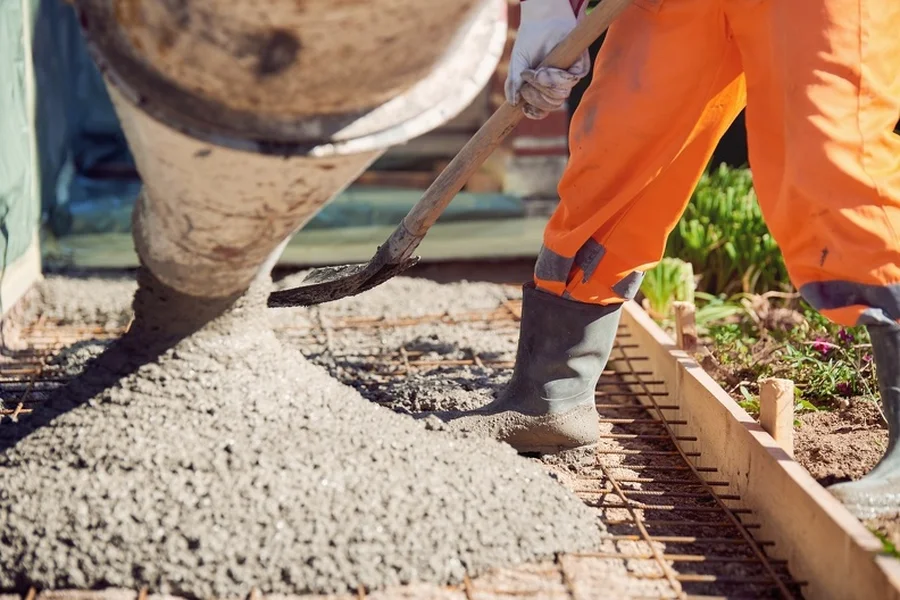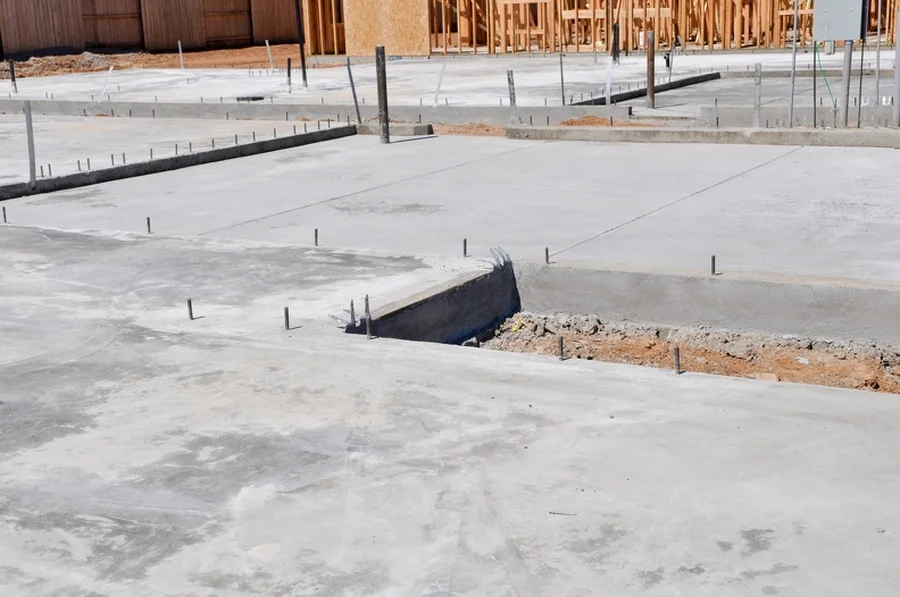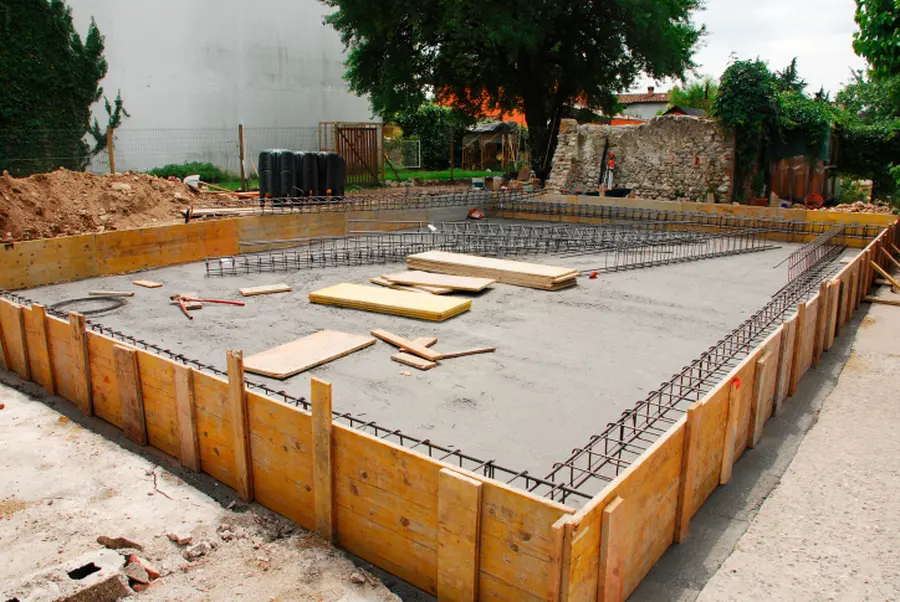The Impact of Weather on Building With Concrete
When planning a construction project, weather is often an overlooked factor. However, it plays a crucial role in the success of building projects, especially when working with concrete. Variations in weather conditions can significantly impact the quality and durability of constructions. Understanding how factors like temperature and moisture influence concrete can help ensure project success. This article explores the key aspects to consider when dealing with different weather conditions during construction.

Temperature’s Role in Concrete Setting
Temperature affects the setting time and strength development of concrete. In cold weather, concrete takes longer to set, which can delay construction schedules. Conversely, hot temperatures accelerate curing, potentially leading to cracks or weaker structures. Proper planning for temperature fluctuations is essential in concrete construction to maintain quality and integrity.
Moisture Levels and Their Effects
Moisture levels also have a profound effect on concrete construction. High humidity can cause excessive water retention, weakening the finished product. On the other hand, dry conditions might lead to rapid evaporation of water needed for curing. Keeping an eye on moisture levels helps builders make necessary adjustments, ensuring stronger and more durable concrete.
Wind Speed Considerations
Strong winds can create challenges during the pouring and setting phases. Wind increases evaporation rates, which may cause surface cracking if not properly managed. Builders must take wind conditions into account to protect their constructions from premature drying and ensure uniformity throughout the structure.
Adapting Construction Techniques to Weather
To cope with varying weather conditions, it’s vital to adapt construction techniques accordingly. For instance, using protective covers or tents can safeguard concrete during extreme weather events. Additionally, applying retarders in hot climates slows down the curing process, while accelerators in colder regions speed it up. These strategies help maintain consistent quality irrespective of external conditions.

Best Practices for Cold Weather Concreting
In cold weather, special measures are required to prevent damage. Here are some best practices:
- Use heated enclosures or blankets to maintain optimal temperature.
- Add non-chloride accelerators to speed up setting time.
- Ensure proper insulation of formwork and reinforcement bars.
These steps contribute to successful outcomes in adverse weather situations by preventing freezing and maintaining structural integrity.
Regulatory Standards for Weather Adaptation
Construction projects must adhere to certain standards and regulations that address weather-related challenges. Local building codes often provide guidelines on minimum requirements for concreting under different environmental conditions. Compliance with these regulations ensures safety and longevity of structures while minimizing risks associated with non-standard practices.
Cost Implications of Weather-Adapted Construction
Adapting construction methods to suit weather patterns might increase upfront costs but offers long-term benefits. Investing in proper materials and techniques reduces repair costs over time due to enhanced durability. Although initial expenses might be higher, the return on investment manifests through reduced maintenance needs and extended lifespan of the structure.
Making Informed Decisions
By understanding how weather affects construction projects, you can make informed decisions that enhance both efficiency and effectiveness on site. Planning ahead for variable conditions allows you to implement appropriate measures that uphold the highest quality standards.
Your Trusted Partner for Reliable Construction Solutions
Choosing the right partner for your next building endeavor matters. At Romeo's Construction, we specialize in adapting our approach to diverse weather scenarios, ensuring top-notch results every time. Located in Greeneville, TN, we pride ourselves on providing exceptional service tailored to meet your unique project requirements. Contact us at (423) 808-2525 to learn how our experts can assist you in achieving remarkable outcomes regardless of climate challenges.
 undefined
undefined
 undefine image1=”https://constructiongreenevilletn.com/wp-content/uploads/2025/05/How-Weather-Conditions-Affect-Concrete-Construction-Projects-Greeneville-TN-1.webp” image2=”https://constructiongreenevilletn.com/wp-content/uploads/2025/05/How-Weather-Conditions-Affect-Concrete-Construction-Projects-in-Greeneville-TN-1.webp”]
undefine image1=”https://constructiongreenevilletn.com/wp-content/uploads/2025/05/How-Weather-Conditions-Affect-Concrete-Construction-Projects-Greeneville-TN-1.webp” image2=”https://constructiongreenevilletn.com/wp-content/uploads/2025/05/How-Weather-Conditions-Affect-Concrete-Construction-Projects-in-Greeneville-TN-1.webp”]